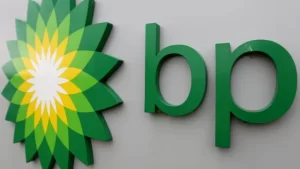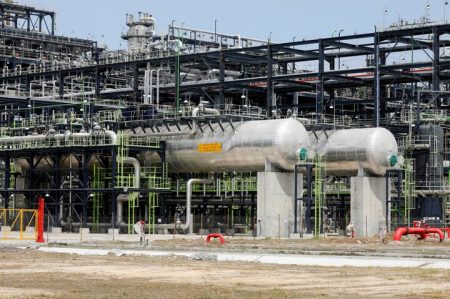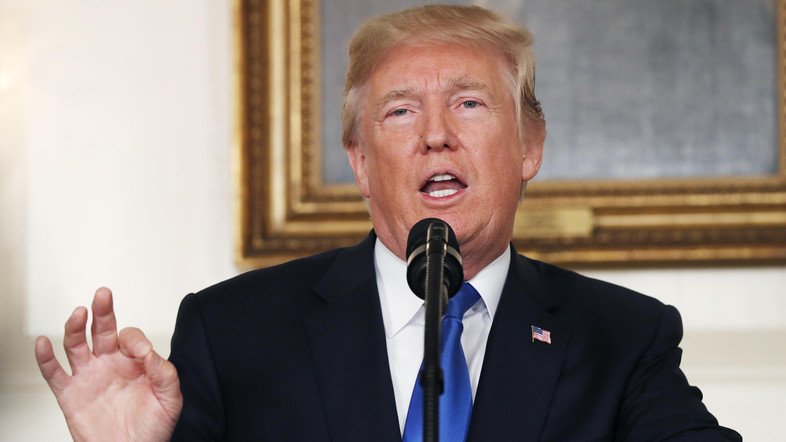
London — BP Increased its dividend and extended its share repurchasing programme on Tuesday as it reported a forecast beating second-quarter profit of nearly $2.8 billion, with weak refining offset by stronger oil prices and retail earnings.
The result, which topped analysts’ estimates by 9%, is likely to ease pressure on CEO Murray Auchincloss after BP fell short of profit expectations in the previous two quarters.
The 53-year-old Canadian, who took office in January, has vowed to revamp BP’s operations and focus on the most profitable ones, mostly in oil and gas.
In a sign of change from his predecessor Bernard Looney’s strategy to grow renewables and reduce fossil fuel output, BP said it had given a green light to the development of the Kaskida oilfield in the U.S. Gulf of Mexico, a highly complex project in deep geological formations.
The field is expected to start production in 2029 and have a capacity of 80,000 barrels of oil per day (bpd).
The company also announced it would go ahead with the development of a low-carbon hydrogen project at its Castellon refinery in Spain.
BP shares closed 0.3% down, after being up most of the day, compared with a flat performance for the broader European energy index.
The stock has underperformed rivals this year amid investor concern over the British company’s energy transition strategy and doubts that it will meet its 2025 earnings targets.
BP is working to exceed its target to reduce annual costs by $2 billion by the end of 2026, Auchincloss said in an analyst presentation posted online. Reuters reported in June that the company had imposed a hiring freeze and suspended investments in new offshore wind projects.
“We are driving focus across the business and reducing costs, all while building momentum in our drive to 2025,” Auchincloss said in a statement.
WEAK REFINING
BP lifted its dividend by 10% to 8 cents per share from 7.27 cents, in line with analysts’ expectations, based on LSEG data.
It also maintained the rate of its share buyback programme at $1.75 billion over the next three months and said it remains committed to buying a total of $14 billion of shares this year and next.
Underlying replacement cost profit, the company’s definition of net income, reached $2.76 billion in the three months to June, exceeding a forecast of $2.54 billion in a company-provided survey of analysts.
That compared with a $2.7 billion profit in the previous quarter and $2.6 billion a year earlier.
Weaker refining margins due to lower diesel demand and a higher level of refinery maintenance weighed on the result, but were offset by higher oil prices in the quarter, strong retail margins and a lower than expected tax rate. BP’s oil trading contribution was weak following a strong showing in the previous quarter, it said.
Auchincloss told Reuters that global demand for gasoline and diesel was weak but that inventories were expected to come down during the summer driving season, supporting refining margins.
Last week, France’s TotalEnergies reported a 6% drop in second quarter profit, also hurt by a tumble in European refining margins.
BP will maintain capital expenditure at $16 billion per year in 2024 and 2025.
The company also took a $1.3 billion impairment charge in the quarter, mainly related to capacity reduction at its Gelsenkirchen refinery in Germany.
BP’s net debt decreased by $1.4 billion in the quarter to $22.6 billion and its debt-to-equity ratio, known as gearing, fell to 21.6% from 22% at the end of March.
Reporting by Ron Bousso; Editing by Jason Neely, Kirsten Donovan and Emelia Sithole-Matarise – Reuters



